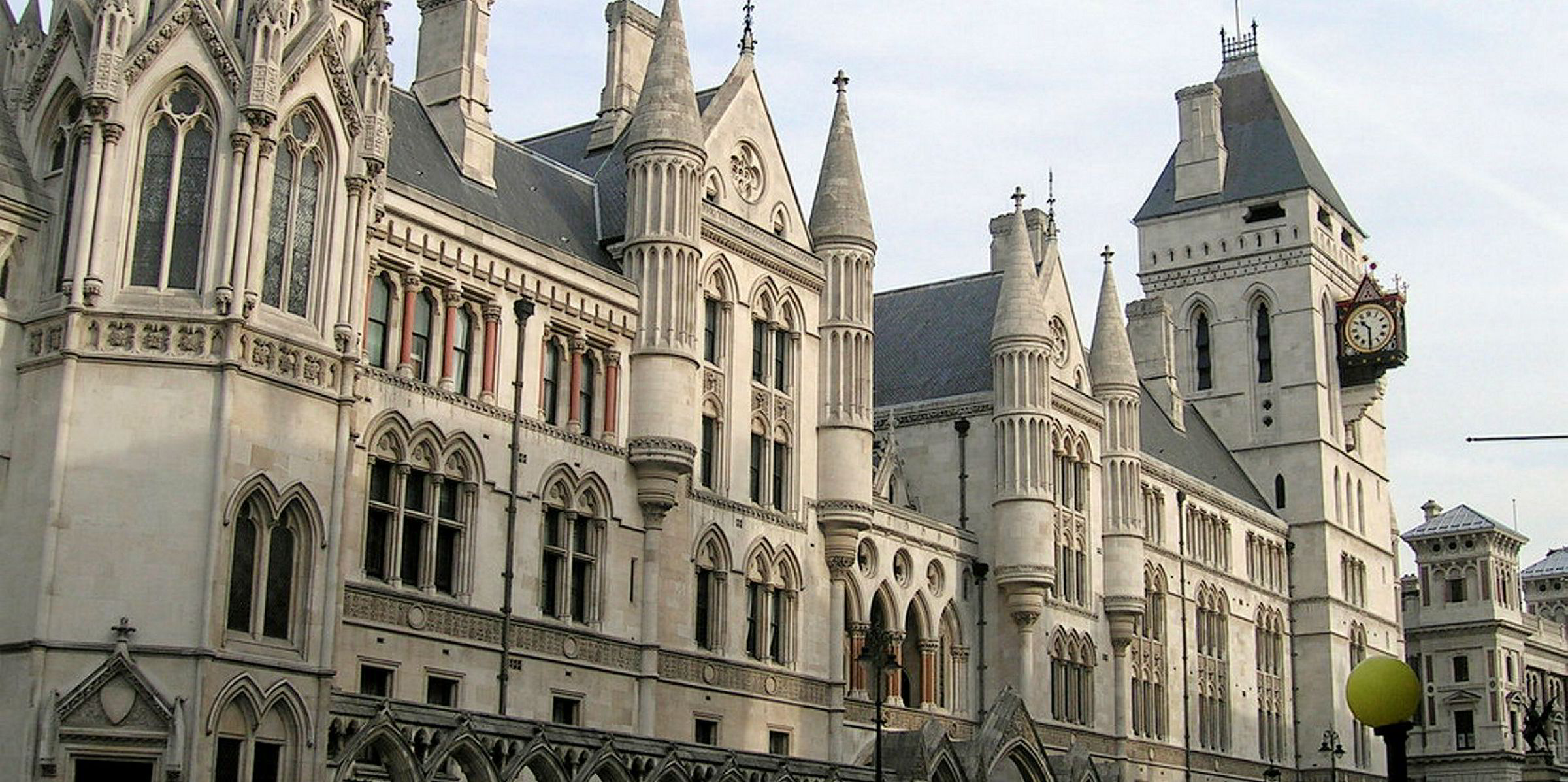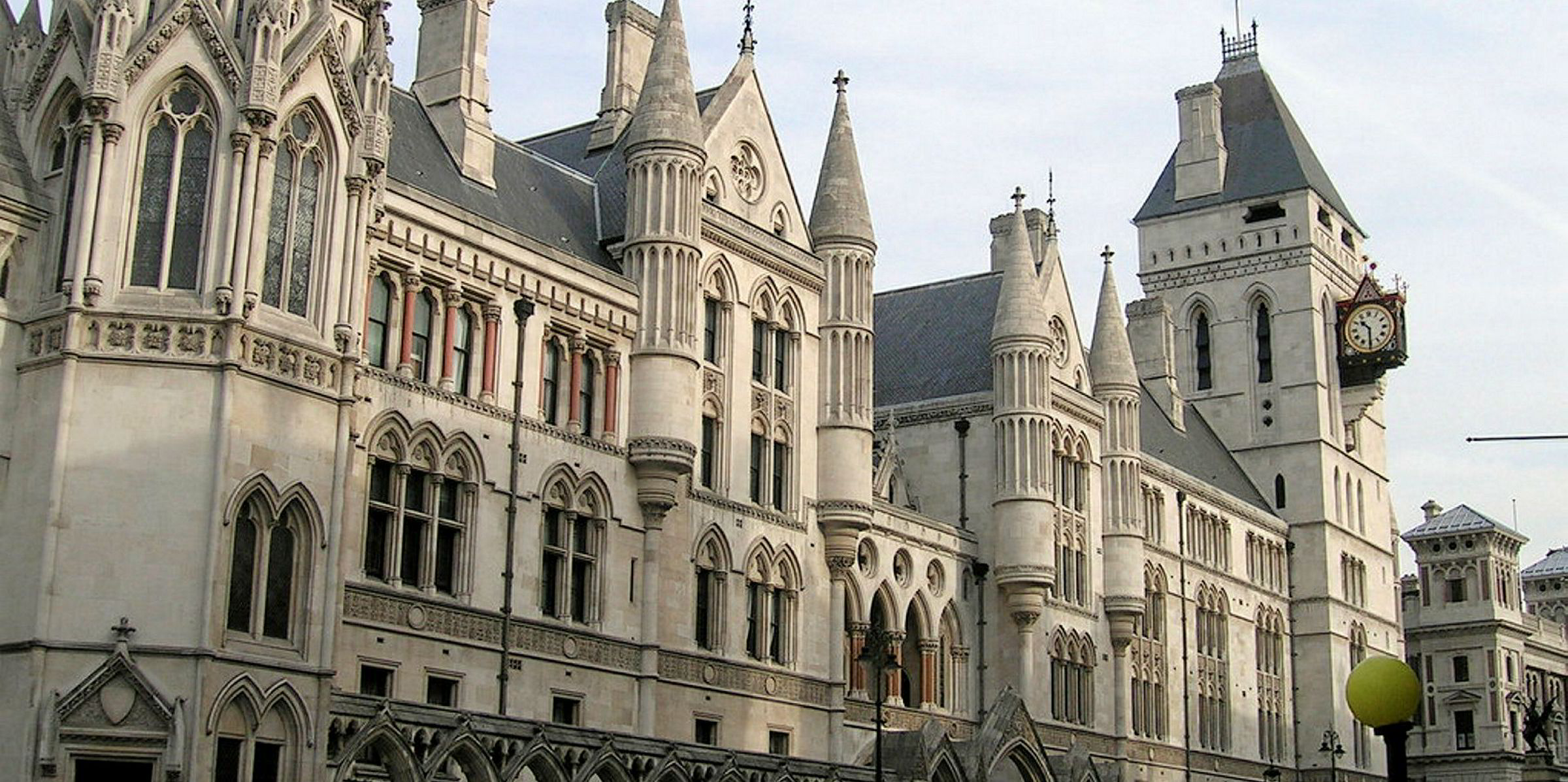The UK Court of Appeal has overturned a judgement in a row over an anchor-handler charter that was cancelled because the Russian charterer, Ark Shipping, failed to keep the ship in class.
The case hinged on whether keeping a ship in class is a condition of the charter so that if it is out of class for a day, the owner can terminate the charterparty and claim damages for the remainder of the term, even if there is little or no effect arising from the lapse.
An arbitration tribunal had originally held that the requirement to keep Silverburn Shipping's 50-bp Arctic (built 2012) in class was an "innominate" (not named or classified term) rather than a condition of the 15-year bareboat charter.
Reversing the tribunal’s decision and allowing the shipowners’ appeal, the High Court then ruled in March that the obligation was a condition, noting that this carried "clear and important advantages in terms of certainty".
But the court of appeal has now reinstated the tribunal's decision.
"Common sense"
Lord Justice Gross said: "In my judgment, this conclusion best accords with the language, structure and scheme of the charterparty, together with business common sense.
"While the categories of conditions are not closed, the term simply lacks the hallmarks of a condition.
"The alternative...is to risk trivial breaches having disproportionate consequences destructive of a long-term contractual relationship. In any event and on any view, it is not clear that the term was intended to be a condition."
The owner claimed Ark had allowed the expiration of class certificates in November 2017.
The charterparty provided that the charterer "shall keep the vessel with unexpired classification."
Law firm Stephenson Harwood, representing Ark, said: "Today’s judgment...further demonstrates the court's reluctance to classify contractual terms as conditions where the risk of disproportionate consequences outweighs the advantages of commercial certainty."
Simon Rainey QC, a Quadrant Chambers barrister representing Ark, added: "The Court of Appeal strongly disagreed with the analysis of the ‘keep vessel classed’ term as a condition and, in line with the modern and very sparing approach to ‘conditions', the court held it was an innominate term, not a condition.
Important ruling for owners too
"To be able to terminate for breach of the term therefore required the owner to show a breach going to the root of the contract and depriving it of substantially the whole benefit of the charter (something the owner did not even allege).
"Given the similarity of wording of time charter terms where the corresponding obligation is on the owner, the decision is of importance in this context also."
He added: "The case provides a (further) clear statement of the principles that apply to the classification of contractual terms as conditions or innominate terms.
"It is particularly important for shedding light on the proper interpretation of the parties’ continuing obligations during the life of a charterparty in relation to ostensibly important matters such as classification status.
"Whilst the case considers the position under a bareboat charter, it has important implications for the classification of similar obligations in the time charter context: cf. clause 1 of the NYPE form."
Row over "disrepair"
The ship had arrived at the Caspian port of Astrakhan for repairs and maintenance on 31 October 2017.
The class certificates expired on 6 November, before it entered drydock.
The charter was terminated on 7 December.
Ark denied allegations of disrepair and stated that the owner was fully aware that the vessel was undergoing scheduled maintenance works.
It maintained the ship was not out of class and that upon completion of the works, Bureau Veritas surveyors would undertake a final inspection and a new set of documents would be issued.







